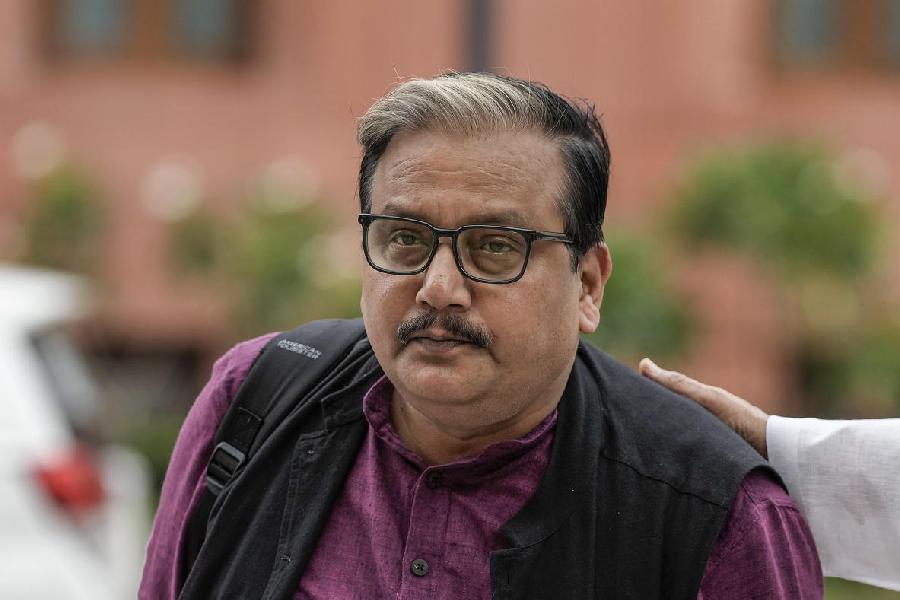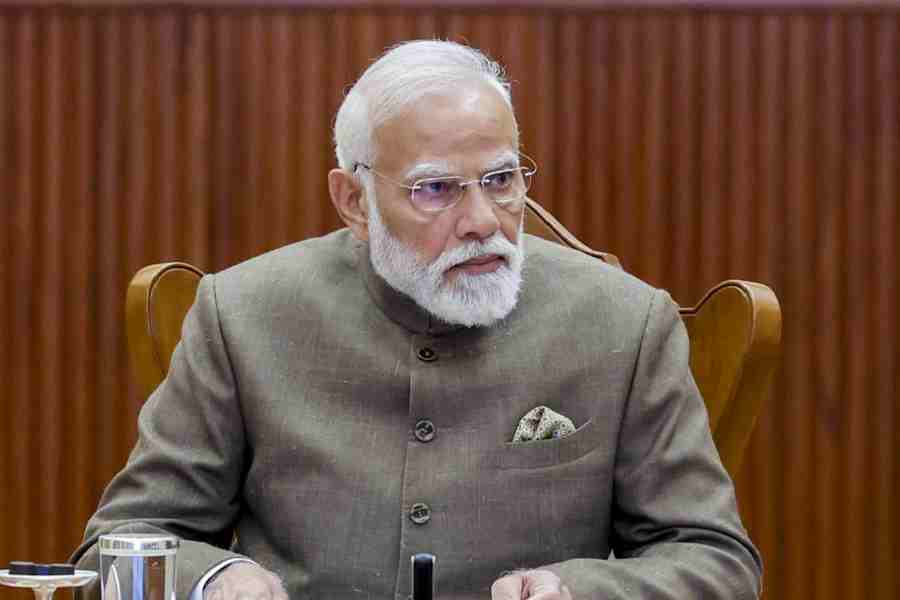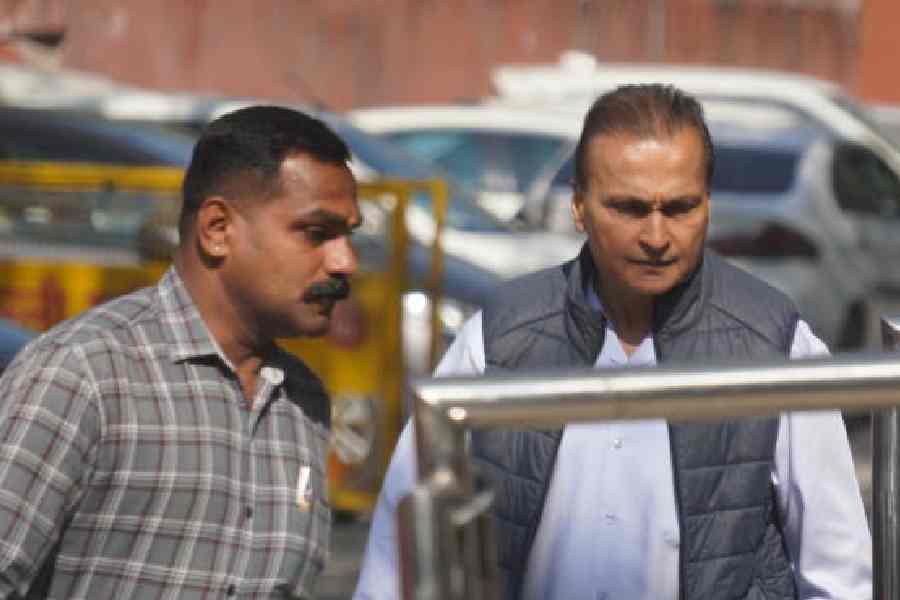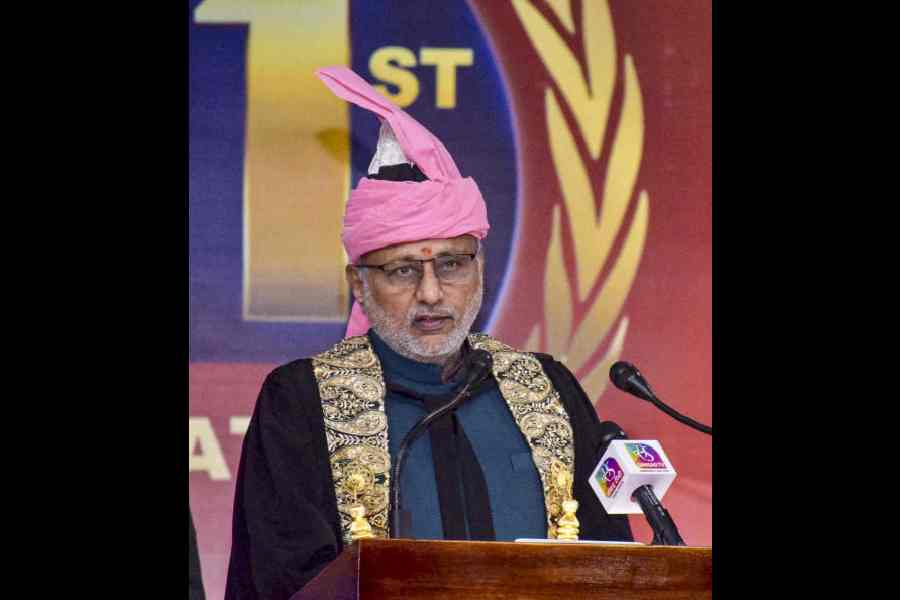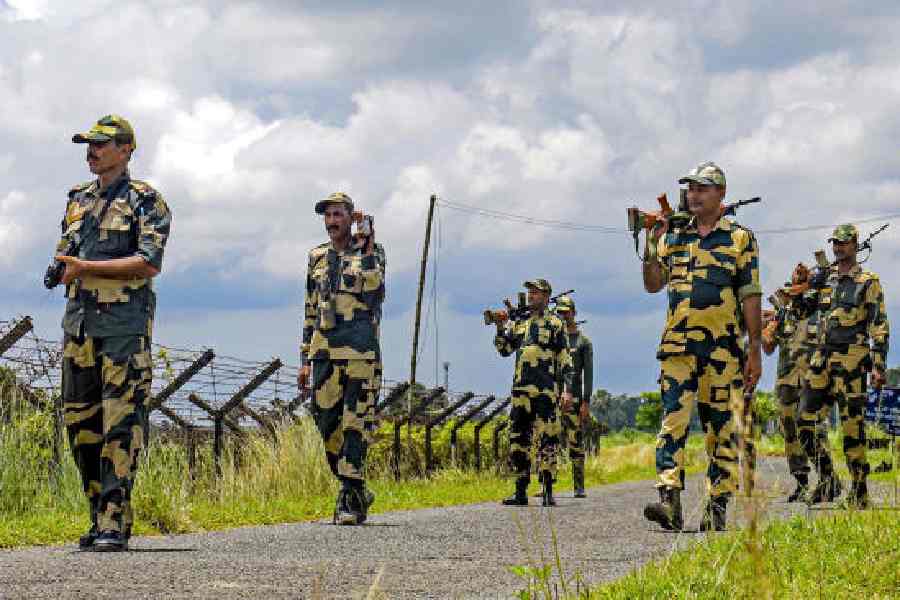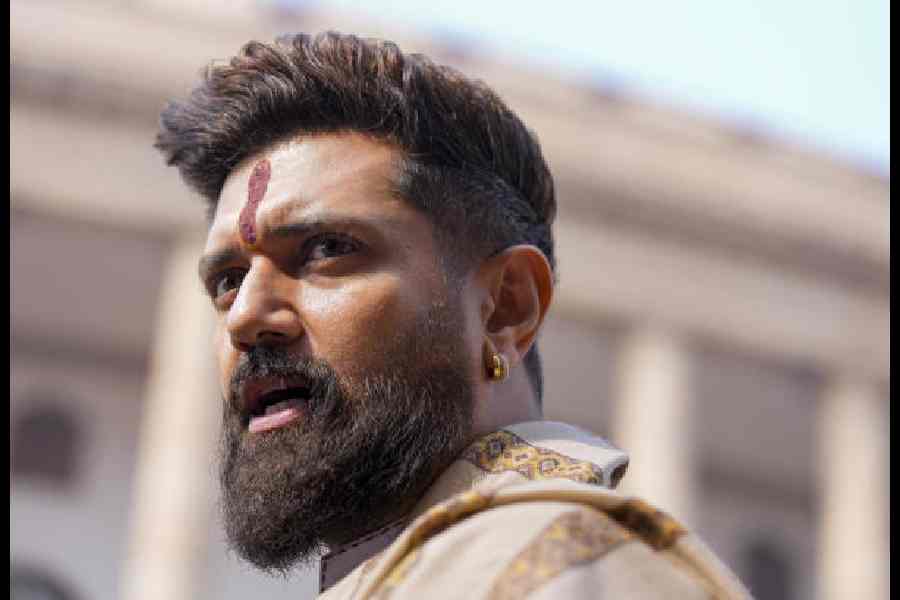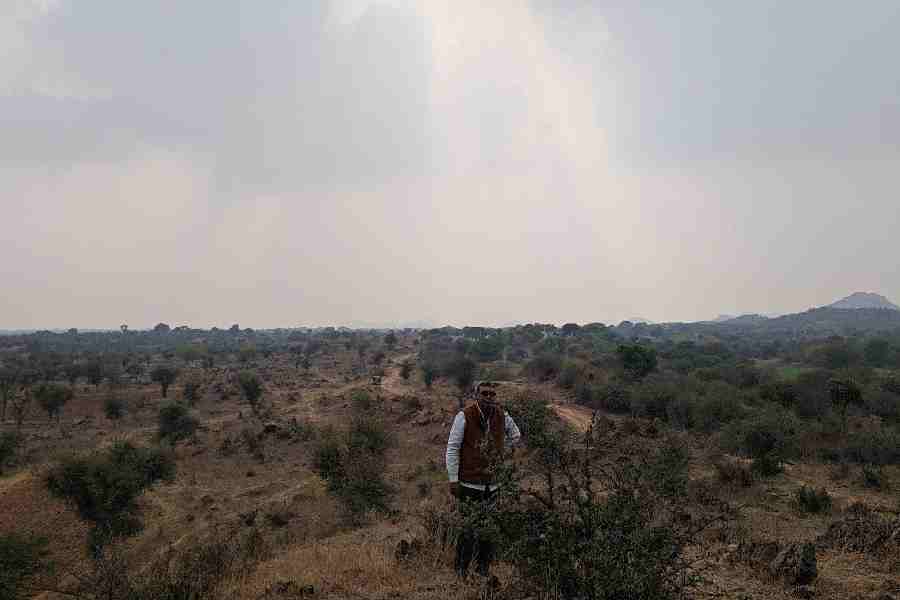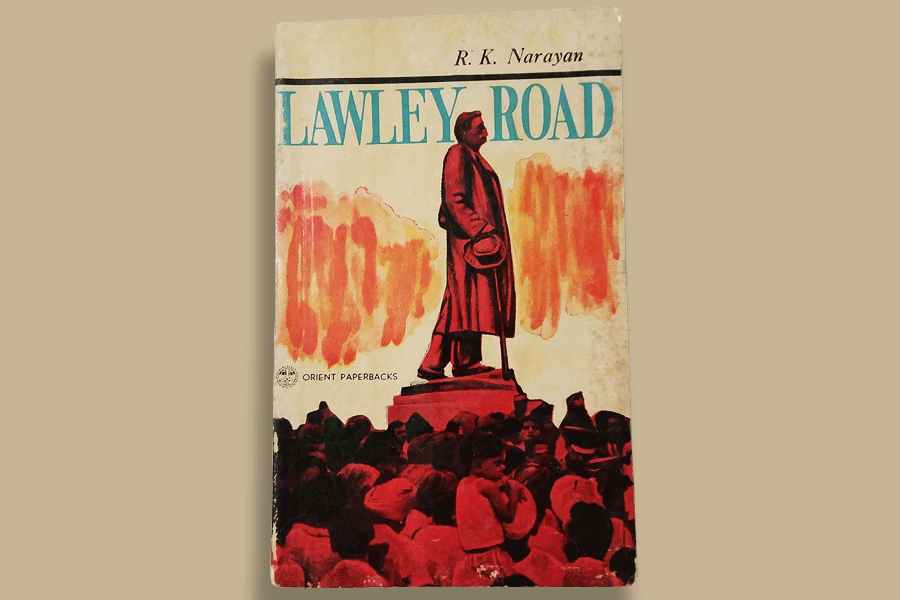The topsy-turvy world of Indian politics may, at times, defy both rhyme and reason. But the dawn of the electoral season in Bihar has witnessed an interesting phenomenon. Rhyme — poetry — is being used by politicians to reason or, on occasion, poke fun at unreasonable positions of peers in that state. Consider, for instance, the phenomenon of politicians turning into poets in the wink of an eye in the Mahagathbandhan camp. When things got testy between the Rashtriya Janata Dal and the Congress on the matter of seat distribution, the squabbling netas turned to verse by way of sending messages, sweet or sour. Manoj Kumar Jha of the RJD, to cite one example, posted a couplet by Rahim which, when translated into English, read: “Don’t tug too hard at the threads of love/ Once broken, they can’t be fixed…” In response, the Congress’s Imran Pratapgarhi quoted the poet, Abbas Tabish: “Eyes too can brim with water/ A burning city can still be saved.” Poetry, evidently, saved the day since the alliance remains intact thus far. The rival camp, the National Democratic Alliance, has its share of political kavis too. Unable to bear the pangs of being allocated a pitiable six seats, Upendra Kushwaha poured his heart — hurt? — out by stating, poetically, that clouds were conspiring to pour down upon his dwelling. His ally, Jitan Ram Manjhi, whose Hindustani Awam Morcha, too had been given a miserly share of the seats, sought refuge in a paraphrased poem by Ramdhari Singh Dinkar.
It is difficult to imagine that the dry and rough terrain of politics would be accommodating of the beauty and the pathos of verse. Yet, poet-politicians, whether gifted or with mundane abilities, have not exactly been a novelty in the republic’s political fraternity. Sarojini Naidu, the first woman president of the Congress and a governor, was a renowned woman of verse; the former prime minister of the Bharatiya Janata Party, Atal Bihari Vajpayee, was another stalwart of Hindi poetry. Subramania Bharati, whose nationalist poems stirred a then subjugated country, Hasrat Mohani, a member of the Constituent Assembly, Amrita Pritam —she was a nominated member of the Rajya Sabha — and, in more contemporary times, Javed Akhtar, Hans Raj Hans — the list is long — have helped foster this association between poetry and politics. Even Manmohan Singh, who, in the public eye, dealt better with cold numbers, was not averse to dropping a couplet or two within and outside Parliament.
There is a case to argue for more politicians to turn to poetry. The quality of India’s political discourse has nosedived in recent times. Even the hallowed precincts of Parliament are no longer immune to crude and crass political exchanges. The recourse to poetry can purge such political and parliamentary dialogue and debates of toxicity and banality. It could also help rekindle the flame of dissent in a democracy that seems to be sprouting authoritarian spots. After all, poetry’s umbilical cord with not just civility but also dissension remains unsevered.

